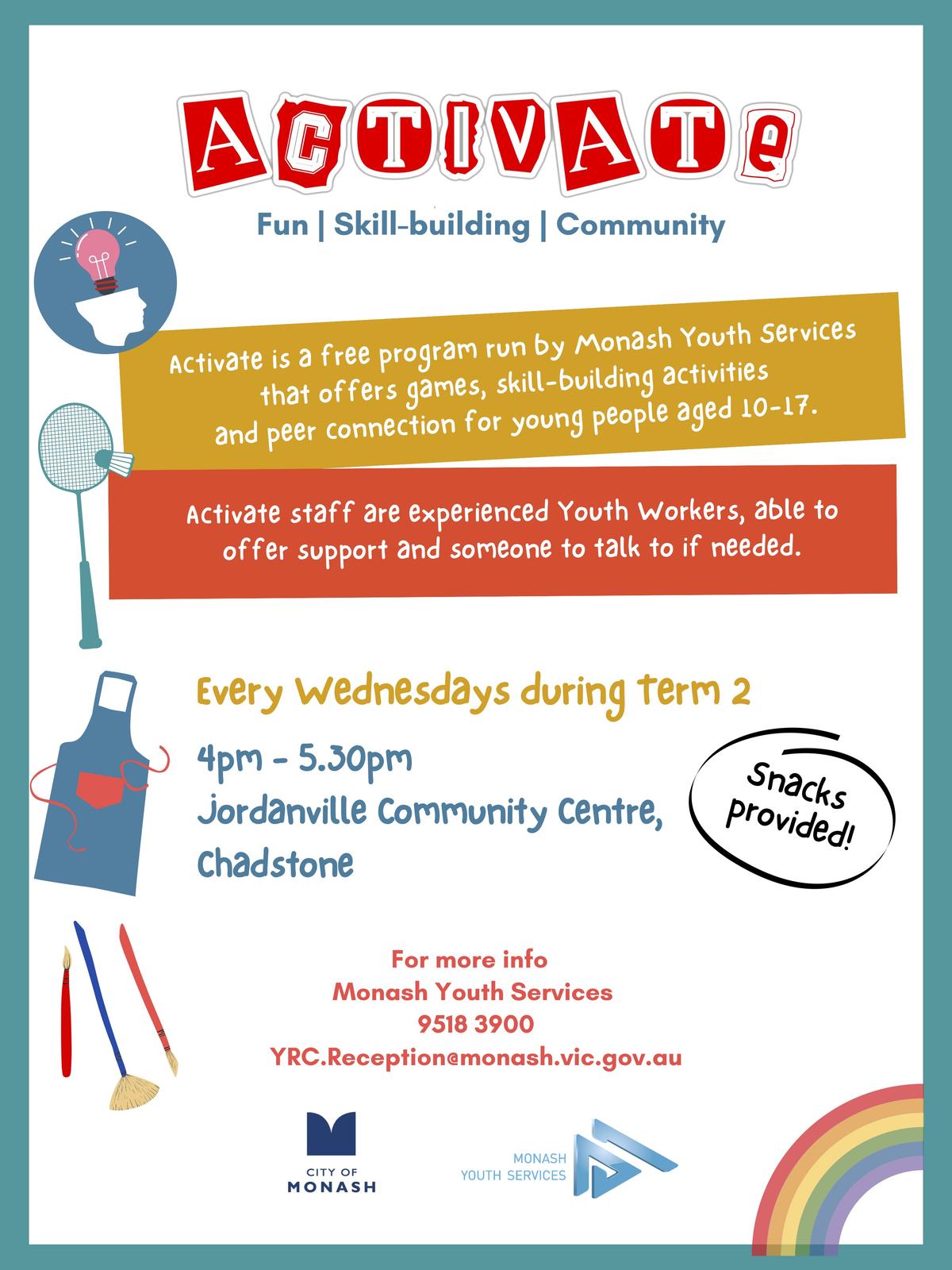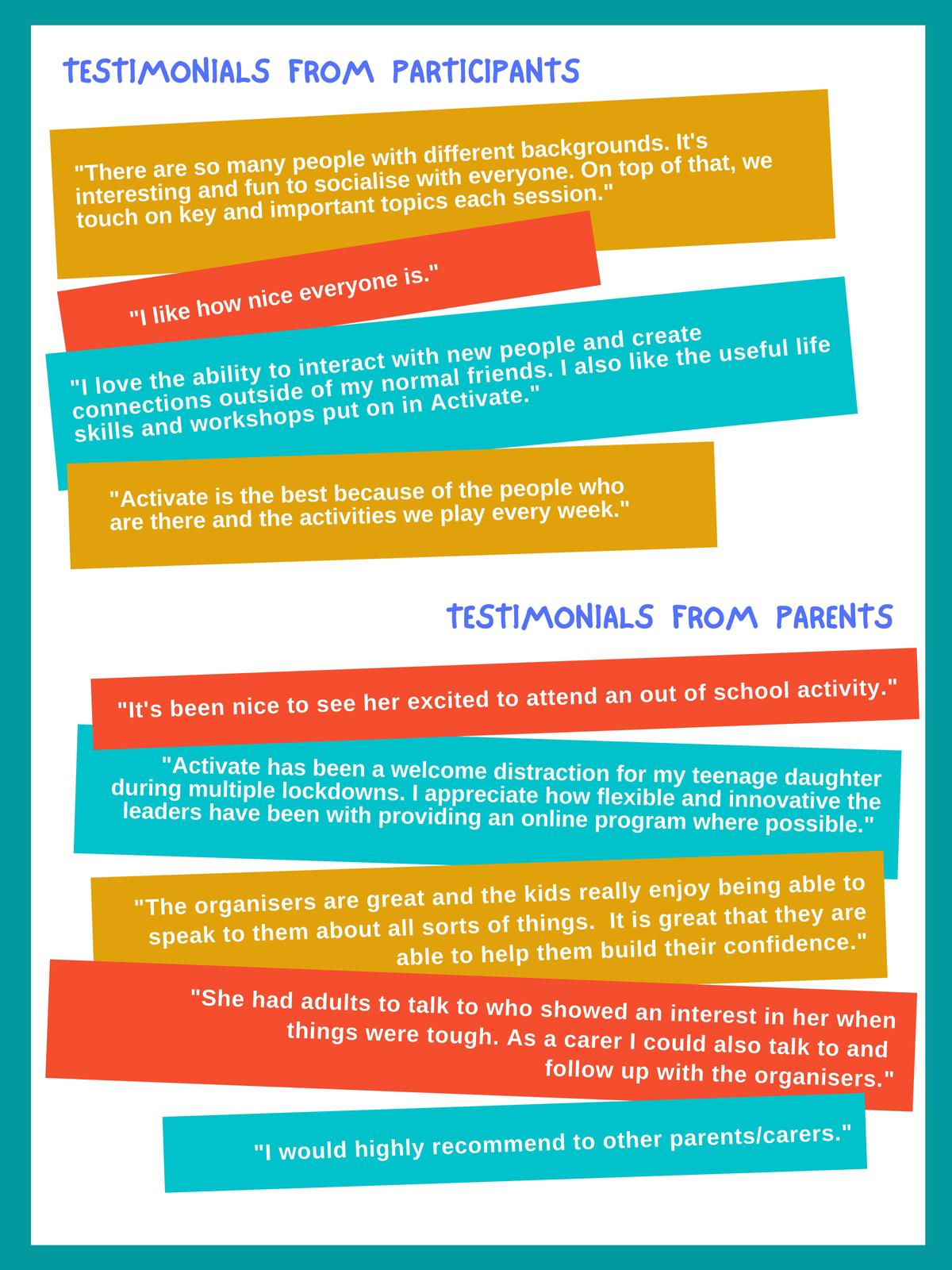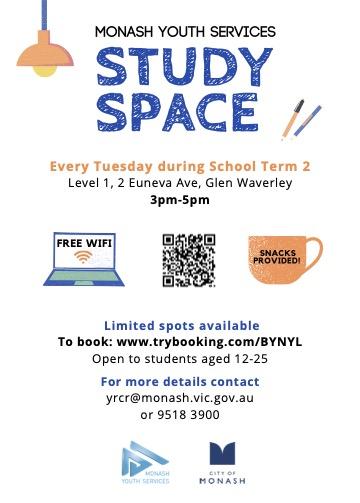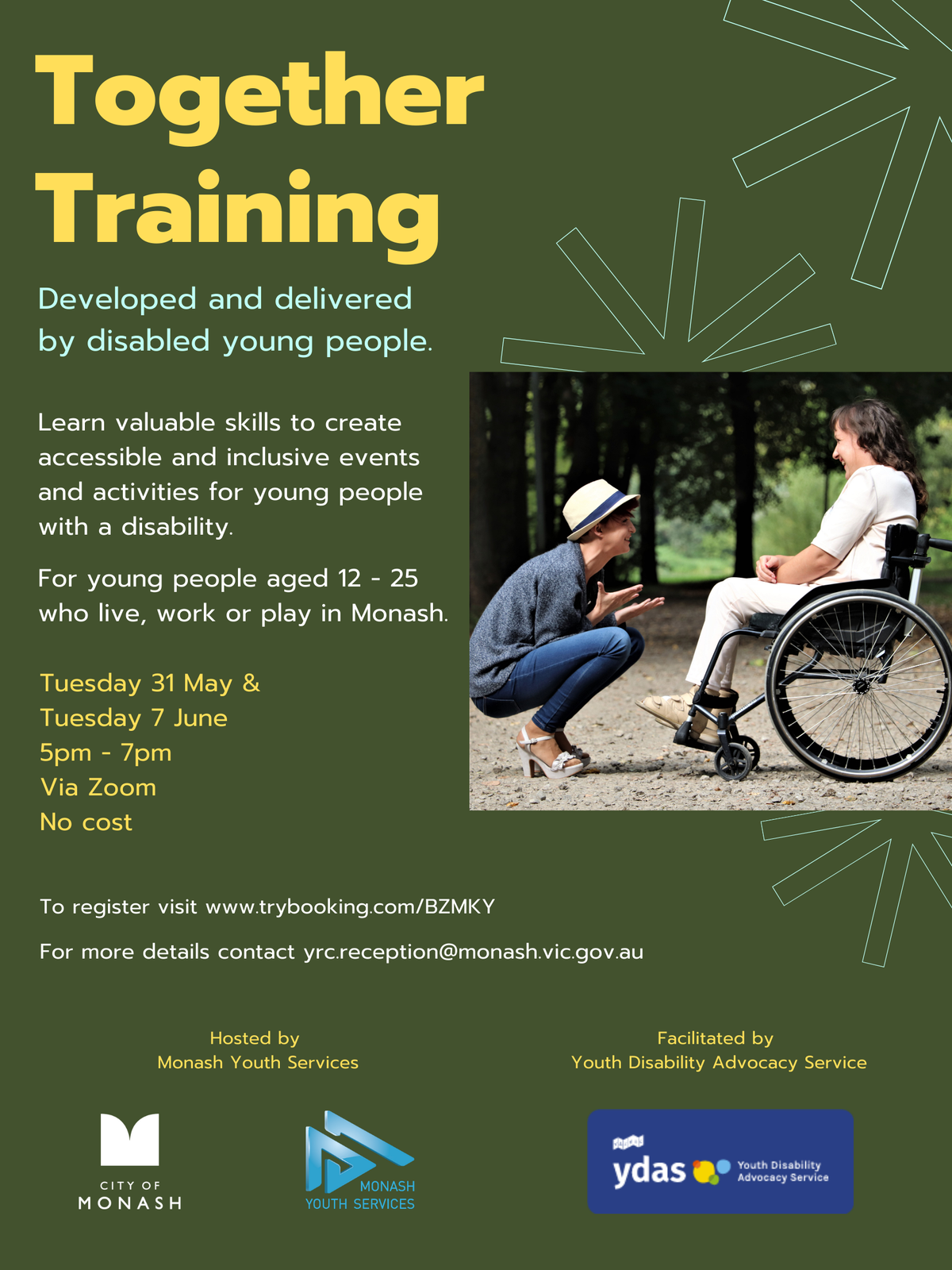Wellbeing
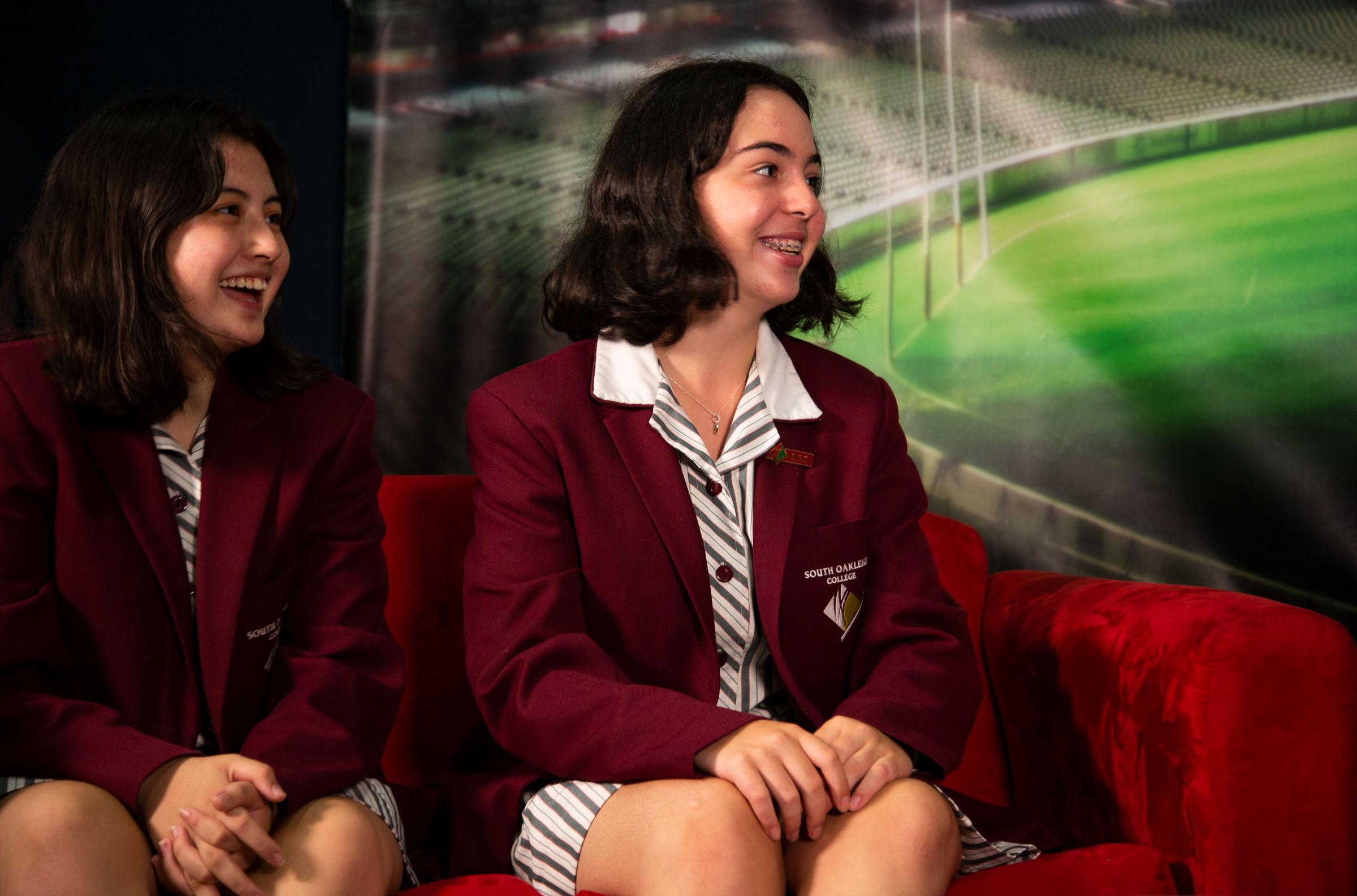
Body Image
Body image is the perception that a person has of their physical self and the thoughts and feelings that result from that perception. A positive body image will improve a person’s self-esteem, self-acceptance and healthy outlook and behaviours.
There are many ways that parents and carers can foster positive body image and strong self-esteem in their children.
You are the most influential role model in your child’s life, so lead by example:
- Include plenty of fresh fruits, vegetables, lean meats, low-fat dairy products and unprocessed cereals in the family’s diet. Go easy on takeaway, fried foods and sugary snacks.
- Avoid dieting and do not encourage your child to diet either.
- Be critical of media messages and images.
- Give your child opportunities to appreciate their body for what it can do, rather than what it looks like.
- Emphasise fitness, health, social interaction and enjoyment as the motivations for exercise, rather than weight loss or weight management.
- Try to find a team sport they enjoy.
- Make informed decisions about sports that have a strong emphasis on thinness or muscular form, e.g. gymnastics and ballet.
- Help your child feel confident about themselves.
- Teach your child various healthy coping strategies to help them deal with life’s challenges.
- Listen to their concerns about body shape and appearance. Puberty can be a worrying time. Reassure your child that their physical changes are normal.
- Place value on their achievements, e.g. talents, skills and personality characteristics.
- If you are at all concerned about your child’s body image, self-esteem or eating behaviours, consult with your doctor or dietitian for information and referral.
Where to get support
- Student Wellbeing Team
- Your GP (family doctor)
- Butterfly Foundation https://butterfly.org.au/
- Eating Disorders Victoria 1300 550 236
The above information has been sourced from Better Health Channel and is available at www.betterhealth.vic.gov.au
Penny Hsiao
Health Promotion Nurse



